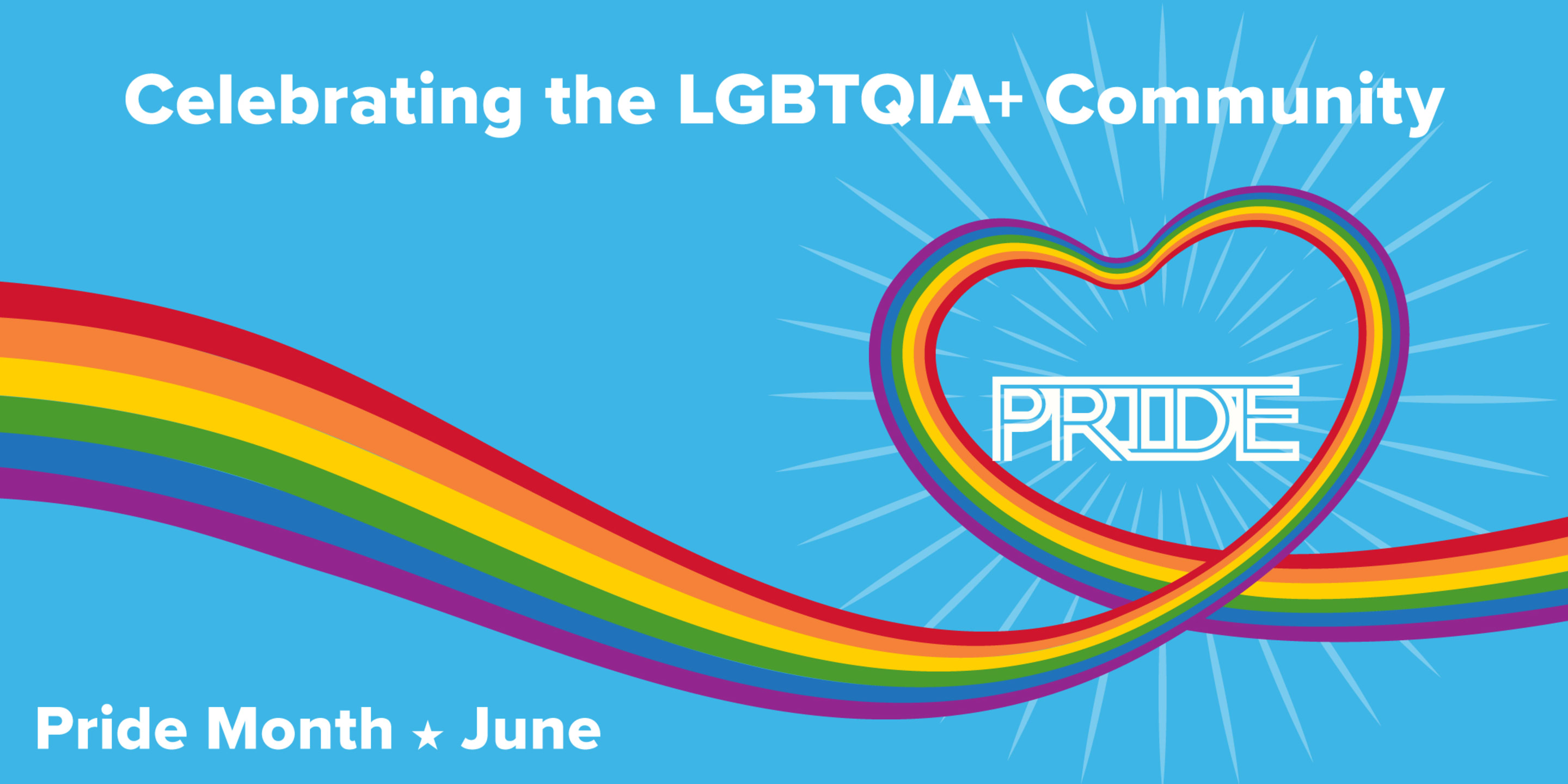
RTD commemorates progress: Advancing LGBTQIA+ equity in transportation
The LGBTQIA+ acronym encompasses a rich tapestry of identities, recognizing the vast spectrum of gender, sexuality and physiological characteristics of human diversity. From lesbian, gay, bisexual, transgender and intersex individuals to those who identify as queer/questioning or asexual, this inclusive terminology underscores the complexity and fluidity of human experience, embracing non-binary and pansexual identities alongside more widely recognized ones.
LGBTQIA+ Pride Month, an annual June commemoration, traces its origins to the watershed moment of the 1969 Stonewall Uprising in Manhattan. This event, sparked by a police raid on the Stonewall Inn and fueled by the resilience of LGBTQIA+ individuals who refused to be silenced, marked a turning point in the fight for civil rights for these communities. It galvanized a movement pushing for equality, dignity and visibility for all LGBTQIA+ people worldwide.
Today, Pride Month serves not only as a celebration of progress but also as a reminder of the ongoing struggle for justice and liberation.
In the realm of transportation, Secretary Pete Buttigieg has emerged as a champion for LGBTQIA+ representation and equity. As the first openly gay person confirmed to serve in a president's Cabinet under President Joseph Biden's administration, Buttigieg's leadership in the Department of Transportation has been marked by a commitment to inclusive policy initiatives. Beyond traditional infrastructure projects, Buttigieg's agenda encompasses a holistic approach to transportation equity, addressing systemic barriers faced by LGBTQIA+ individuals in accessing safe, affordable and dignified transportation options.
Under Buttigieg's stewardship, the Department of Transportation has prioritized initiatives that intersect with LGBTQIA+ rights, including:
- Safety: Enhancing safety measures to protect LGBTQIA+ individuals from harassment and discrimination in transit spaces
- Accessibility: Improving accessibility for LGBTQIA+ people, particularly those who have a disability or are unhoused, to ensure equitable access to transportation services
- Innovation: Fostering innovation in transportation technology and policy to address the unique needs and challenges faced by LGBTQIA+ communities
- Climate: Advancing sustainable transportation solutions that benefit LGBTQIA+ individuals, who often bear the disproportionate impacts of environmental degradation and climate change
- Jobs and equity: Promoting job opportunities and economic empowerment for LGBTQIA+ individuals in the transportation sector while advocating for fair labor practices and workplace protections
In the Denver metro region, RTD is crucial in advancing transportation equity through its commitment to fostering inclusivity and nondiscrimination. The Equal Employment Opportunity (EEO) Office at RTD upholds employment-related policies prohibiting discrimination and harassment based on sex, gender, sexual orientation, gender identity and gender expression. By cultivating a culture of inclusion and respect within its workforce, RTD recognizes diversity's moral imperative and strategic value in building resilient communities.
In alignment with RTD’s EEO Policy Statement,the agency’s dedication to LGBTQIA+ inclusion goes beyond compliance to proactive measures that promote awareness, understanding and acceptance. Through targeted EEO training and outreach initiatives, RTD's EEO Office endeavors to educate employees about the unique challenges faced by LGBTQIA+ individuals in the workplace and to foster a culture of empathy and solidarity.
Additionally, the Transit Equity Office (TEO) ensures that RTD provides public transportation that is accessible for all customers regardless of their gender expression, sexual orientation, gender identity or other protected characteristic. RTD strives to create a transportation system that is equitable and welcoming for all individuals.
In observance of LGBTQIA+ Pride Month, RTD encourages the public to celebrate. People can plan a trip and be an ally with or participate LGBTQIA+ pride in the following suggested ways:
- 4-7 p.m. Thursday, June 6, don your best '70s attire and participate in the "A Legacy of Pride: West of 50 Rooftop Pride Party." This collaboration between West of 50 and Denver Public Library will be a fun-filled afternoon of trivia, karaoke, prizes, music and more, held on the rooftop of The Center on Colfax.
- Get ready for a night of fun and celebration at First Friday: Celebrating LBGTQIA+ Pride, 5-9 p.m. Friday, June 7, at Museo de la Americas. Explore the vibrant local artist vendors, indulge in delicious food from the food trucks, enjoy a refreshing drink, get inspired by the exhibition and meet other art enthusiasts.
- From noon to 4 p.m. Saturday, June 15, participate in Lafayette Youth Pride, a resource fair for youth and families through food and entertainment.
- Attend Denver PrideFest, a two-day event at Civic Center Park hosted by The Center on Colfax, June 22 and 23. It boasts 250-plus exhibitors, 30 food vendors and captivating live performances. This year marks the 50th anniversary of PrideFest.
- Kick off Pride weekend by participating in Denver's PRIDE 5K on Saturday, June 22. This event is a vital fundraiser that helps provide essential programs and services to Colorado's LGBTQ+ community. Every dollar raised goes directly to supporting social support groups, mental health services, youth centers and more.
- Participate in the Boulder Pride Festival, hosted by Out Boulder County, from 11:30 a.m. to 5 p.m. Sunday, June 30.
RTD stands in solidarity with the members of the LGBTQIA+ community, recognizing their invaluable influence and evolving role in shaping transportation equity. By commemorating their contributions, RTD reaffirms its commitment to fostering inclusivity, diversity and respect within its workforce and services. As LGBTQIA+ Pride Month is honored and the strides towards equality are reflected upon, there is a call to continue working collectively towards a future where transportation is accessible, affirming and equitable for all individuals, irrespective of their gender identity, gender expression or sexual orientation.
Visit the RTD Civil Rights Division page here.